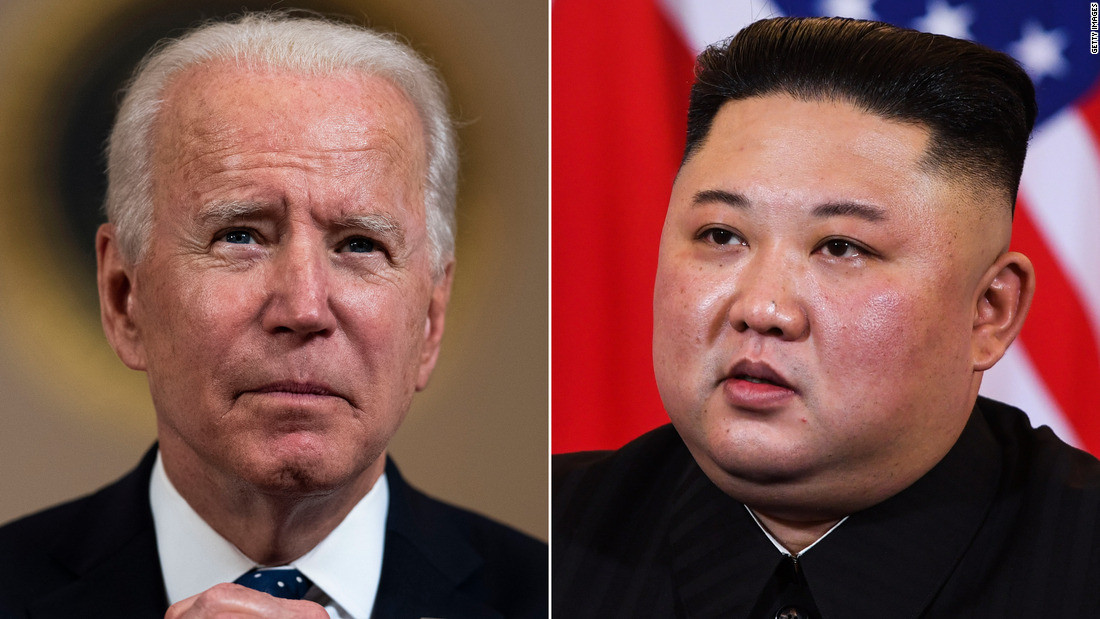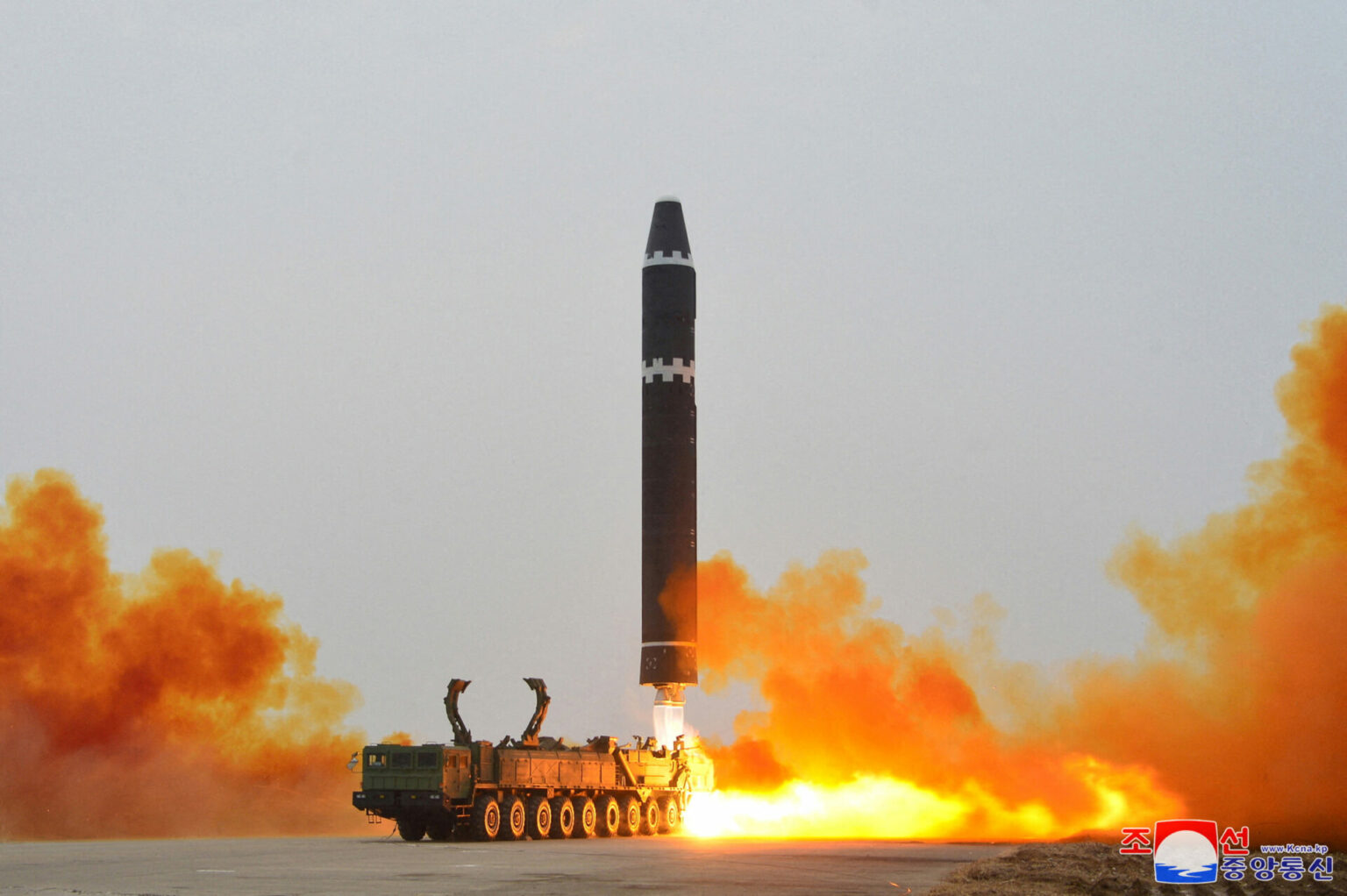In a stunning and provocative move, North Korea fired two ballistic missiles toward the Eastern Sea, sparking tensions on the Korean Peninsula and sending shockwaves through the international community.
This aggressive act came just hours after the arrival of a United States nuclear-armed ballistic missile submarine in a South Korean port – the first such visit in four decades.
The missile launches have raised concerns about regional stability and the efficacy of diplomatic efforts to denuclearize North Korea. Let’s delve deeper into the situation, its implications, and the urgent calls for restraint and dialogue.
Table of Contents
A Provocative Show of Force
The Japanese and South Korean militaries reported that North Korea launched two ballistic missiles into the Eastern Sea. Although the missiles fell outside Japan’s exclusive economic zone, their trajectory raises alarm as they are capable of reaching significant distances.
The launches came closely after North Korea’s test of the Hwasong-18 solid-fuel intercontinental ballistic missile, which they declared as a warning to the US and other adversaries. These provocative actions have escalated tensions in the already volatile region.
A Call for Restraint
South Korea’s Joint Chiefs of Staff (JCS) quickly denounced North Korea’s missile launches, terming them as grave provocative acts that undermine regional peace and stability.
The international community also condemned these actions, as they represent a clear violation of UN Security Council resolutions. Diplomatic channels were used by Japan to lodge a protest against the missile launches, expressing widespread concern over the impact on regional security.
Escalating Tensions and Regional Developments
Adding to the rising tensions on the Korean Peninsula, the arrival of the US nuclear-armed ballistic missile submarine, USS Kentucky, in a South Korean port raised North Korea’s ire. Meanwhile, North Korea’s detention of a US soldier who crossed the border from the South further strained relations.
In response to President Joe Biden’s summit with South Korean counterpart Yoon Suk Yeol, the Nuclear Consultative Group was established, intended to provide South Korea with a greater say in US nuclear deployments and assurances of retaliation against North Korean aggression.

North Korea has however strongly opposed the presence of US nuclear assets in the region and insists on a complete stop to submarine deployments.
According to Kim Yo Jong, the influential sister of North Korean leader Kim Jong Un, the US must realize that its reinforced extended deterrence system and excessively extended military alliance system are perceived as threatening by North Korea. As a consequence, such actions only push the DPRK further away from the negotiating table.
She stated in a statement published by state media on Monday: “The US should know that its bolstered extended deterrence system and excessively extended military alliance system, a threatening entity, will only make the DPRK go further away from the negotiating table.”
Seeking a Way Forward for Korea
The US Indo-Pacific Command acknowledged the missile launches and began consulting with allies and partners. While they assessed that the events did not pose an immediate threat to US personnel or territory, the launches underscored the destabilizing impact of North Korea’s illicit weapons program.
North Korea’s demand for an end to submarine deployments and its rejection of the Nuclear Consultative Group as a “nuclear war tool” further complicate the diplomatic landscape.
As the situation on the Korean Peninsula remains highly volatile, there is an urgent need for restraint, dialogue, and diplomatic efforts to de-escalate tensions and find a path toward peace and stability.
The international community must stand united in its resolve to address North Korea’s missile launches and work toward a denuclearized and secure future for the region













